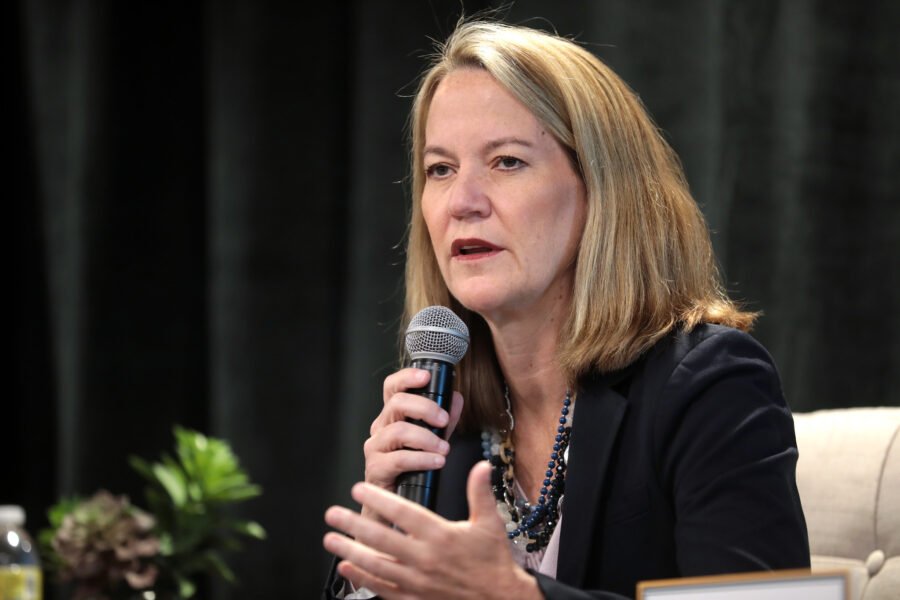attorney general
AG Aligns with GOP to Block Immigration Law Legal Challenge

Attorney General Collaborates with Republicans in Immigration Law Defense
Democratic Attorney General Kris Mayes, initially opposed to Proposition 314, has joined Republican leaders to counter a legal challenge against the controversial immigration law. This alliance underscores the complex dynamics surrounding immigration policy in Arizona.
Assistant Attorney General Alexander Samuels argues before Maricopa County Superior Court Judge Peter Thompson that the lawsuit filed by two organizations lacks a viable legal basis. These organizations represent individuals who cross the southern border. The core provision of Proposition 314 permits state and local police to arrest non-citizens entering Arizona outside official ports of entry, pending the outcome of the Texas law it emulates.
Critics, including Living United for Change in Arizona and the Arizona Center for Empowerment, focus on a specific clause permitting police arrests only under “probable cause.” However, a broader provision allows arrests based on undefined “constitutionally sufficient indicia of probable cause,” raising concerns about potential discriminatory enforcement.
Samuels has not addressed these criticisms in court filings, maintaining that the law is not currently enforceable. This stems from the law’s “trigger” mechanism, which conditions its activation on a final court ruling regarding Texas’s SB 4. The lack of a clear legal resolution could delay enforcement for an indefinite period, potentially up to the U.S. Supreme Court level.
Samuels emphasizes that courts are powerless to adjudicate matters that have not yet transpired. The question of the law’s definition of “probable cause” will only be pertinent once the legislation is enforceable. He urges dismissal of another claim positing that Proposition 314 violates constitutional mandates concerning the establishment of a formal revenue source to cover its costs.
According to a legislative budget report, the financial implications of the measure are significant, with costs for law enforcement projected at $41 million and incarceration costs estimated at $16.6 million within the first six months. Long-term predictions suggest these figures could rise substantially by 2029. Nonetheless, determining actual expenses remains complex due to uncertainties surrounding arrest durations and deportation alternatives.
State funds for this initiative will not be allocated until the law is deemed enforceable, Samuels contends. Furthermore, he questions the assertion that new state expenditures will inevitably arise from the law’s implementation.
Richie Taylor, a representative for Mayes, clarifies that the Attorney General’s legal filings do not equate to an endorsement of Proposition 314’s policies. While Mayes had opposed the measure, she is bound to defend state laws, regardless of her personal views, unless a law is deemed unconstitutional.
In a parallel legal effort, attorney Thomas Basile, representing key legislative figures, reinforces claims suggesting that the lawsuit against Proposition 314 should be dismissed. He challenges the notion that the law triggers a constitutional requirement for a new revenue source, stating that such a requirement only arises with costs that are “inevitable and quantifiable.”
No hearing date has been established for this case, leaving the future of Proposition 314 uncertain.


















